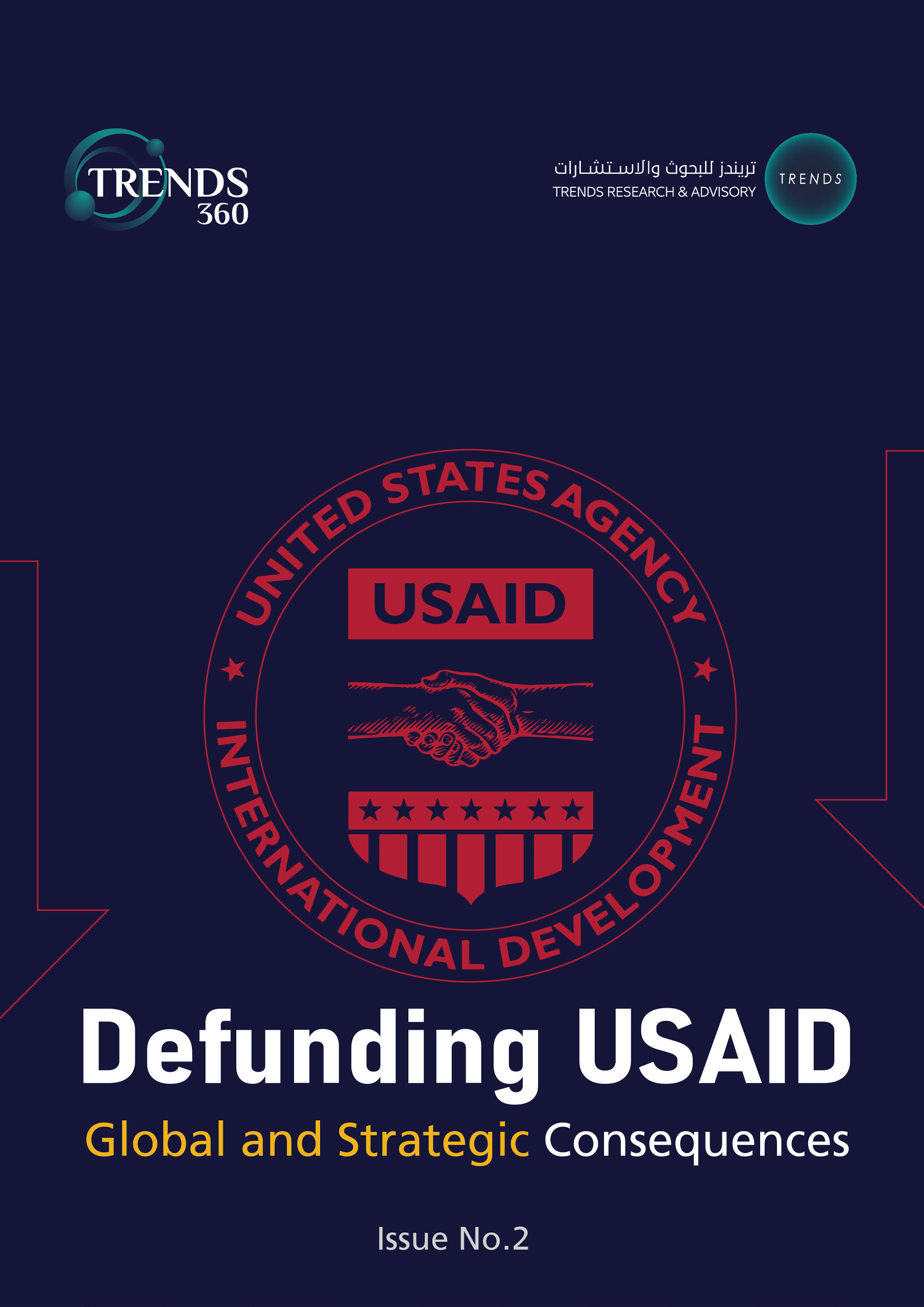The now famous ‘Make America Great Again’ tagline, symbolic of President Trump’s first and second presidential campaigns, was strategically designed to evoke a sense of American decline and stir public emotion. Trump has long campaigned on the belief that the U.S. was overextended in its global responsibilities, its allies were not contributing their fair share to defense spending, and its economic and global influence was weakening, all the while pledging to pursue a protectionist foreign policy more aligned with his nationalist agenda.
This stance, however, is not entirely new. As the Cold War drew to a close, nearly half of Americans polled believed the U.S. was in decline and favored a more protectionist stance, including scaling back its “overextended international commitments.” In an article for Foreign Policy in 1990, the renowned political scientist Joseph Nye, who coined the concept of “soft power,” warned that a protectionist U.S. foreign policy moving forward would be counterproductive. Nye cautioned that turning inward could accelerate America’s decline, stating, “If the most powerful country fails to lead, the consequences for international stability could be disastrous.”
A central point of contention for President Trump, both during his previous administration and in his current term, has been the distribution of American foreign aid. The United States Agency for International Development (USAID), in particular, has been a frequent target of Trump’s criticism, as he has accused the agency of being influenced by the “radical left” and plagued with “tremendous fraud,” though there remains little evidence to support such allegations. This stance aligns with Trump’s broader “America First” agenda, which seeks to reduce U.S. involvement in global development and prioritize domestic interests.
On January 20, 2025 —the first day of his second administration—President Trump ordered a review of all U.S. foreign aid programs, followed days later by a temporary pause in funding, stating his administration would conduct a 90-day review to ensure U.S. foreign assistance aligned with his ‘America First’ foreign policy agenda—with the exception of military aid to Israel and Egypt, which both received exemption waivers following the announcement.



